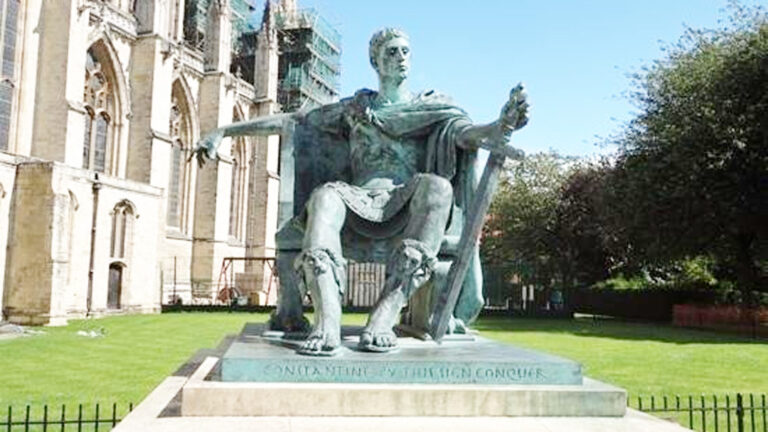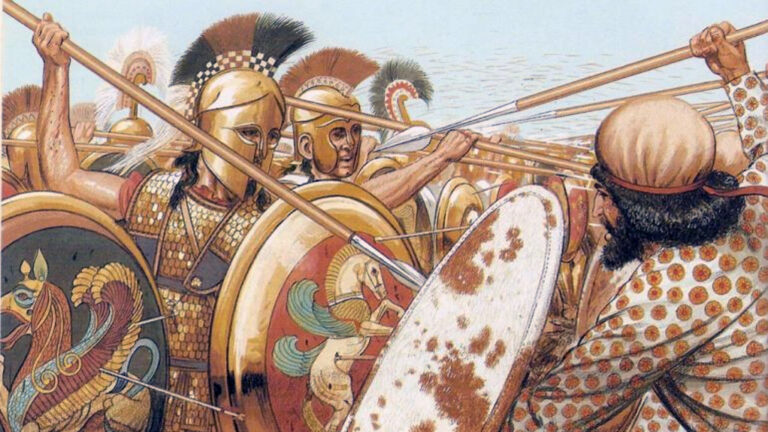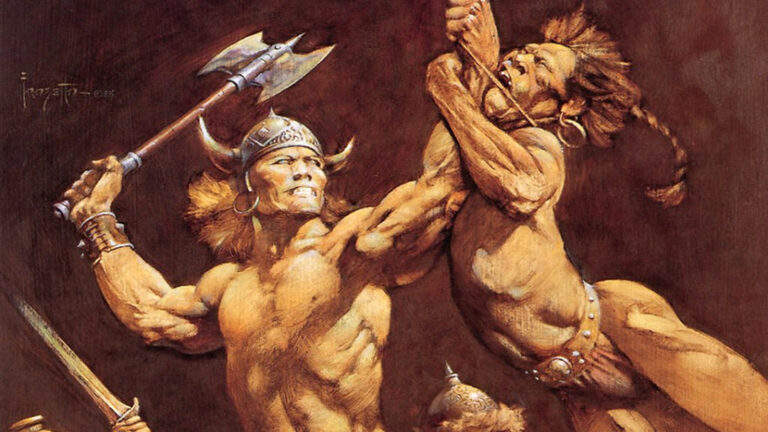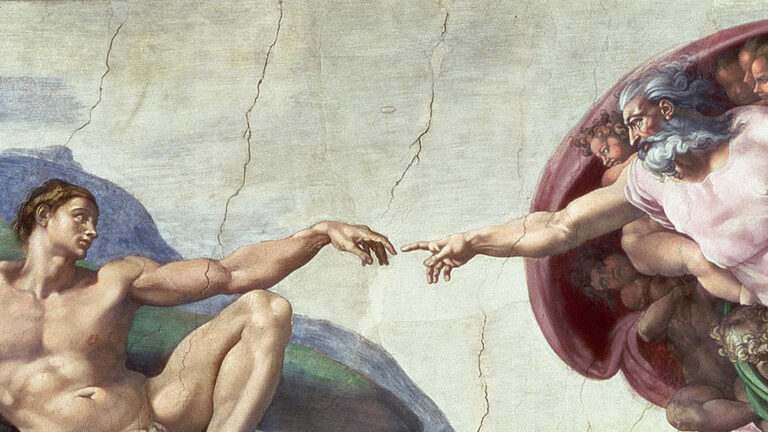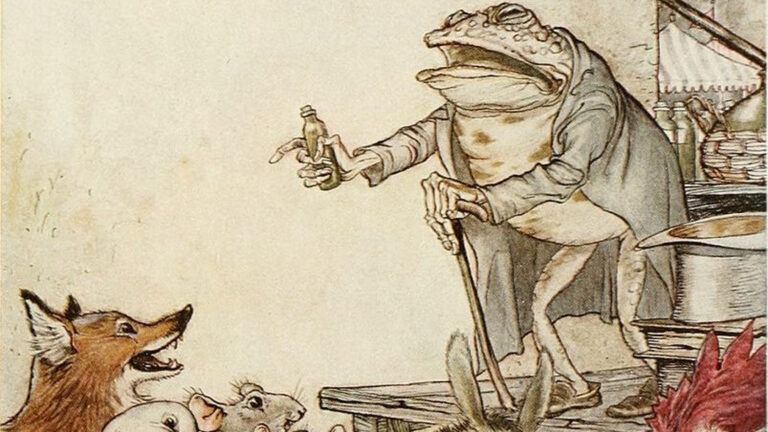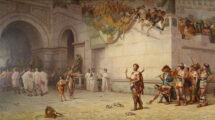Conducting: Opening Remarks/Announcements (Announce that at the end of the meeting we will:(i) sign up new members; (ii) ask for contributions on the website or take up a collection).
Steward: Explanation of Ethical Overlay. The purpose of the Ethical Overlay is to provide an overlay to ethical, moral and religious beliefs in areas of identity, family and heritage, to promulgate ethical and moral policy and to help each individual to become a better person and preserve the environment for future generations. Announcements will be at the end of the meeting.
Congregant: Opening words of Inspiration
Aesop’s fables have been a staple in Western storytelling for centuries. The Boy Who Cried Wolf, The Tortoise and the Hare, The Ant and the Grasshopper, and many others in the collection are familiar for both their stories and their morals. Each fable ends with a short statement that encapsulates what was meant to be gained from the fable. For example:
A liar will not be believed, even when he speaks the truth.
Slow and steady wins the race.
The gods help them that help themselves.
Beware lest you lose the substance by grasping at the shadow.
It is best to prepare for the days of necessity.
Steward: We will now have a Moment of Silence for: __(decide locally)___. [about 20 second pause].
Today’s musical selection was originally written by Mozart as part of his famous requiem. A requiem is traditionally a large work involving both choir and orchestra that dwells on mortality and the hope of hereafter. Ironically, Mozart himself passed away at the young age of 35 before finishing this work. There are 14 movements, and this one is called “Lacrymosa,” which means weeping. This selection was arranged for piano by Liszt, a celebrity concert pianist and composer of a century later.
Steward: We will now have a discussion on the following topic:
Discussion: Aesop’s Fables
In a field one summer’s day a Grasshopper was hopping about, chirping and singing to its heart’s content. An Ant passed by, bearing along with great toil an ear of corn he was taking to the nest.
“Why not come and chat with me,” said the Grasshopper, “instead of toiling and moiling in that way?”
“I am helping to lay up food for the winter,” said the Ant, “and recommend you to do the same.”
“Why bother about winter?” said the Grasshopper; “we have got plenty of food at present.” But the Ant went on its way and continued its toil. When the winter came the Grasshopper had no food and found itself dying of hunger, while it saw the ants distributing every day corn and grain from the stores they had collected in the summer.
Then the Grasshopper knew: It is best to prepare for the days of necessity.
The Hare was once boasting of his speed before the other animals. “I have never yet been beaten,” said he, “when I put forth my full speed. I challenge any one here to race with me.”
The Tortoise said quietly, “I accept your challenge.”
“That is a good joke,” said the Hare; “I could dance round you all the way.”
“Keep your boasting till you’ve beaten,” answered the Tortoise. “Shall we race?”
So a course was fixed and a start was made. The Hare darted almost out of sight at once, but soon stopped and, to show his contempt for the Tortoise, lay down to have a nap. The Tortoise plodded on and plodded on, and when the Hare awoke from his nap, he saw the Tortoise just near the winning-post and could not run up in time to save the race.
Then said the Tortoise: “Plodding wins the race.”
- What was the difference between the Grasshopper’s and the Ant’s behavior?
- What were the results of their behavior?
- We are responsible to prepare for our own future.
a. What are some necessary ways we can prepare for the future?
b. How can we help others in our family and community circles prepare?
c. Should the ants have shared with the Grasshopper? Why or why not? - How should we balance work and leisure? What are the purposes of them both?
- Boasting makes for embarrassment.
- What other parts of life can this principle of “slow and steady wins the race” apply to?
a. When have you seen the benefit of this principle in your own life?
- The Ant and the Tortoise had a similar mindset about progress.
a. How do these two fables tie into each other?
b. Why was the Tortoise confident taking the Hare up on its boast?
c. Think about times in your own life when boasting has brought you trouble, and how you could have fixed the situation.
Congregant: Closing words of inspiration.
It is best to prepare for days of necessity.
Slow and steady wins the race.
Extend an invitation/commitment to apply one thing learned this week.
Steward: Take contributions from group made payable to Ethical Overlay. [Take cash, checks, or commitments to pay online].
Adjournment: Announcements after adjournment
